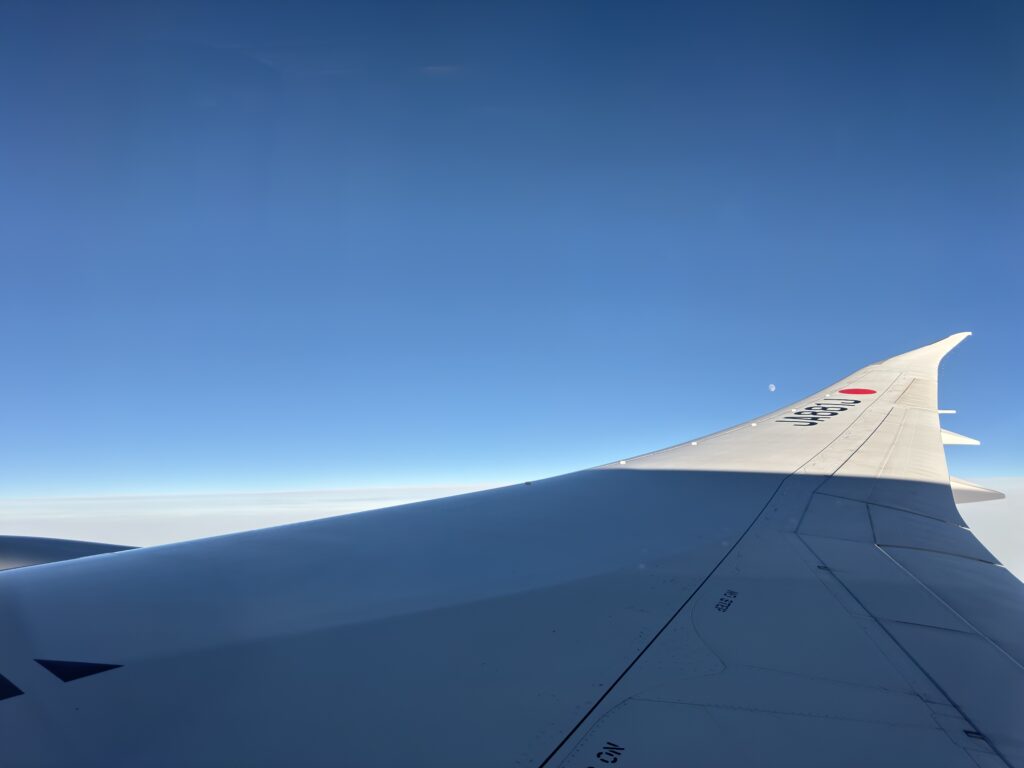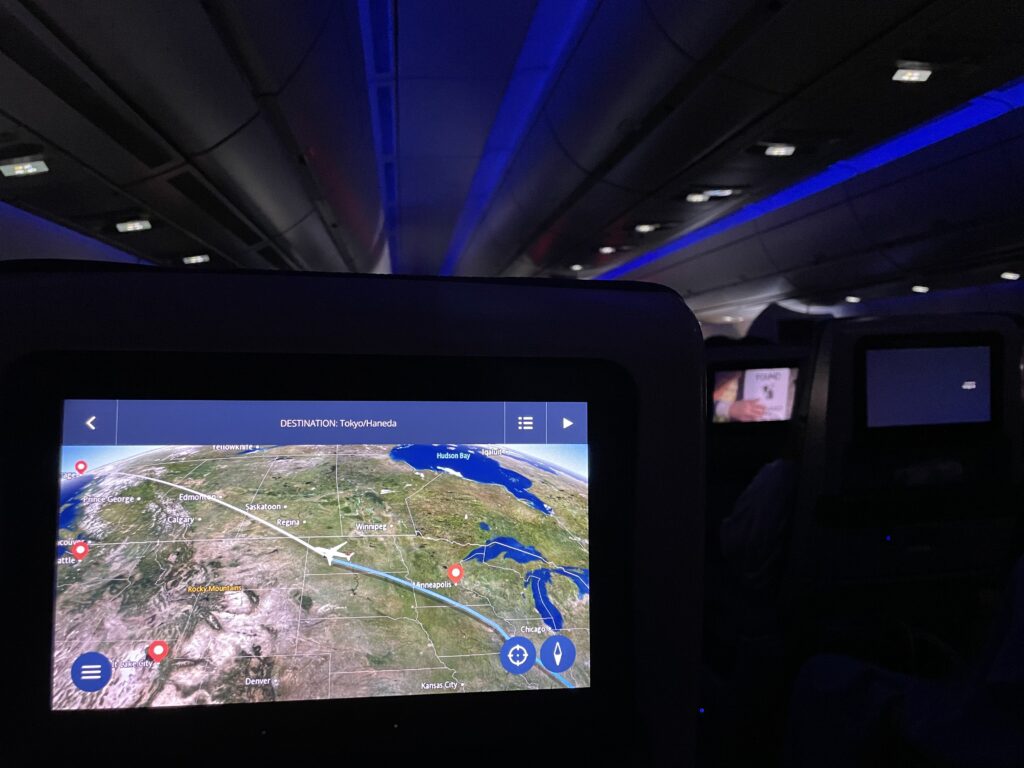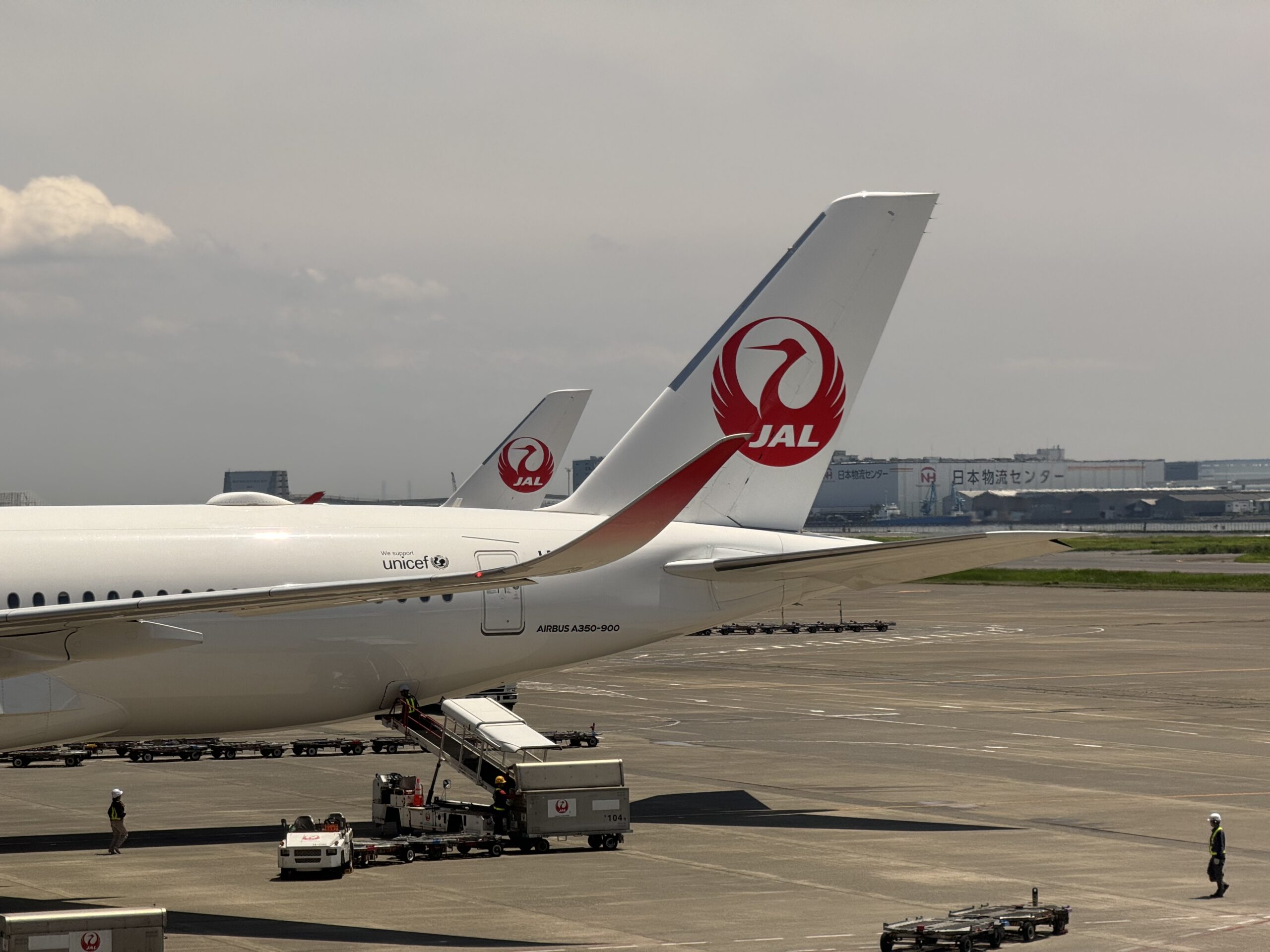Jet lag is no fun. I’ve had to deal with it many times in my life since I was a little kid, and it can disrupt travel plans, routines at home, and productivity.
Jet lag in Japan can especially be tough. The long distance from the US covers as many as 14 time zones, making the symptoms only worse. Having flown these Japan-US flights many times throughout my life, it has always been a frustrating part of each trip.
Although jet lag is pretty much inevitable when traveling long distances, there are several ways to limit and combat the symptoms. I’ve come to learn these ways through my many experiences flying between these two countries.
Let’s go over 6 things you can do to combat and deal with jet lag in Japan.
1. Prepare Well For Your Flight
The best thing you can do for the long trip is to prepare well. My advice is to sleep well starting about 2 days before your flight.
You’ll see some people say that it’s best to barely sleep the night before your flight and board the plane as tired as possible. It may work for some, but the sleep you get on an airplane is not quality sleep. It’s loud, the air is dry, and tiring for your body to maintain the same sitting position on the long flight to Japan.

Instead, don’t be afraid to rest up before the flight. Long-haul flying is tiring, as I’ve done this many times. You’ll need the energy to focus after getting off the plane and getting to your hotel/accomodation.
I would start to go to bed earlier and wake up earlier 2-3 days before the flight, 1 hour a day. This way, you’re getting a little closer to the Japan time zone. You won’t be quite there of course, but it helps to make the effort instead of your sleep schedule being in a spectrum the night before departure.
2. Stay Hydrated On The Plane
Airplanes are really dry. Even new aircraft such as the Airbus A350 can only maintain about 20% humidity. It’s crucial to drink a lot of water.
And no, I’m not talking about cups of water you’d occasionally get from flight attendants. Bring a water bottle, or even better, multiple bottles of water to drink throughout the flight.

I usually buy 2 or 3 bottles of water at the airport in addition to my water bottle. This way, I’ll never have to worry about running out in the middle of the flight.
You’re essentially spending half a day in 20% humidity or less. Trust me, it makes a world of a difference. If it means that you’ll have to go to the bathroom frequently, pick an aisle seat.
Related: Aisle vs Window Seats, The Pros And Cons
3. Adjust To Destination Time Inflight
Another good way to prepare your body is to immediately adjust to Japan time once you take off.
Let’s use one of my past economy class flights as an example. On this particular flight, I left Detroit at 1:45pm EST. This is 2:45am in Japan with the 13 hour time difference (during daylight savings time). This means that I should get some sleep as soon as possible once I board the plane. After the meal service would be a good time.

Sleeping on a plane can be tough, especially if you aren’t in business class. My advice is to treat it like a nap and don’t pressure yourself to sleep 7 hours. Try to get a couple hours of sleep, stay hydrated, and keep getting rest.
Once you reach around 9am Japan time, try to stay awake for the rest of the flight. Watch a movie, get some work done, read a book. Do anything that keeps you awake. By staying awake during the daylight hours in Japan, you’re getting a head start on adjusting to the schedule of your destination.
Related: 5 Things To Do On A Flight Without Wi-Fi
4. Go Outside As Much As Possible
Once you arrive in Japan, try to stay outside in the sun for as much as possible. Exposure to the sun helps reset your internal body clock and is a key to getting over jet lag.
Also, plan something for the first night in Japan. There’s a good chance you will get very sleepy during the first evening. In order to go to bed at a semi-normal time, go have dinner outside. Explore something in the area of your hotel/accommodation. Stay away from that hotel room and the comfortable bed. You will fall asleep too early if you don’t, and will inevitably wake up at 3am.
5. Get Exercise
After sitting on an airplane seat and eating for the entirety of the long flight, it’ll help to get some exercise. Even just a walk is fine, just do something during your first morning. Get some sunlight in the morning hours and take a nice walk around your hotel. This will also help reset your internal body clock and help get over jet lag.

6. Eat Well, Eat Healthy
Another part of your body that gets screwed up from jet lag is your digestive system. For the first couple of days, you might find that you’re hungry at odd hours and not so hungry during times when you should be. Your body might think it’s dinnertime because of what time it is back home, when it’s only breakfast time in Japan.
Be nice to your stomach as it adjusts to Japan time. Avoid fast food, alcohol, and other foods that you normally don’t eat for the first day or two.
Bottom Line
Jet lag is a challenge. Jet lag in Japan is difficult in particular. But with good preparation, making the effort to sleep at the right times, and staying active during daylight hours can help minimize the symptoms.
All photos taken by the author.









